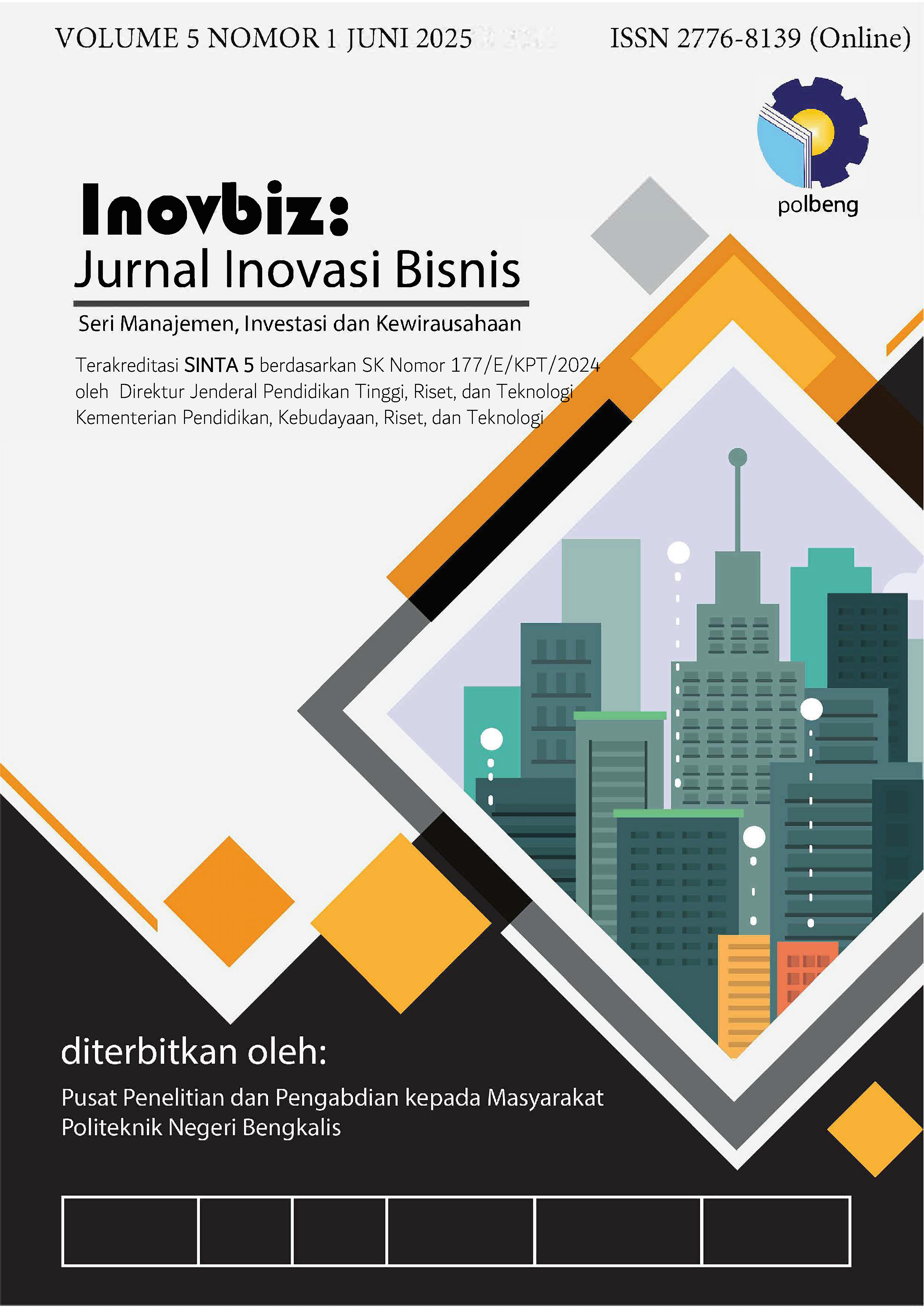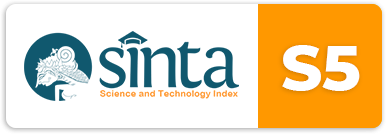Evaluation on The Implementation of The Spelling Bee Competition for Elementary and Junior High School Students in Polbeng Business Expo
DOI:
https://doi.org/10.35314/inovbizmik.v5i1.456Keywords:
Spelling Bee, Evaluation, English Language Skills, Competition, Education.Abstract
This study aims to evaluate the implementation of the Spelling Bee competition at Polbeng Business Expo and its impact on the participants' English language skills. The competition is considered effective in improving English language skills, including the ability to spell complex words, spelling speed, letter pronunciation, and vocabulary enrichment. This study used a qualitative approach by collecting data through participant interviews and observations. The results showed that there were some challenges faced by the participants, such as difficulties in word comprehension, pronunciation, and listening skills, as well as technical constraints and organizational issues. Nonetheless, the participants showed high adaptability and had a positive impact on their confidence and motivation to learn. Based on the analysis, several suggestions for improvement have been proposed, including the selection of vocabulary appropriate to the participants' ability level, the improvement of audio-visual quality, and the implementation of a more objective word selection system. This research emphasizes the importance of academic support and a fun competition atmosphere to create an inclusive and meaningful experience. With these improvements, the Spelling Bee competition is expected to continue to be an effective tool for language development and personal growth.
Downloads
Downloads
Published
Issue
Section
License
Copyright (c) 2025 Nur Sura Dinanti, Yanisha Dwi Astari, Nageeta Tara Rosa

This work is licensed under a Creative Commons Attribution-NonCommercial-ShareAlike 4.0 International License.
















